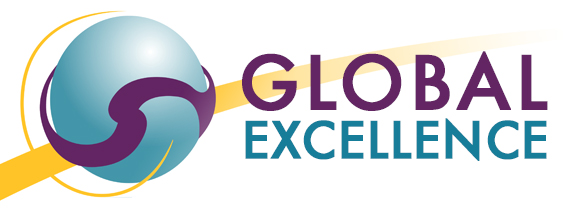Business organisations use coaching to develop their people – that’s a fact. It is also a fact that many businesses are a diverse and multicultural workplace. The combination of these two factors together can present some interesting challenges to people and organisations.
Coaching, as it is practiced in most ‘Western’ companies can be experienced as a form of ‘culture shock’ by coachees from other cultural backgrounds, in particular but not exclusively by those from African, Middle Eastern and Asian as well as Latin American backgrounds.
 Specifically, a key difference that concerns us as coaches about this is the different ‘worldviews’ or cultural perspectives in play. If these aren’t taken in to account and designed into the coaching relationship and process, we may be less effective as coaches – or worse, all parties may find the coaching investment entirely unsuccessful.
Specifically, a key difference that concerns us as coaches about this is the different ‘worldviews’ or cultural perspectives in play. If these aren’t taken in to account and designed into the coaching relationship and process, we may be less effective as coaches – or worse, all parties may find the coaching investment entirely unsuccessful.
In order to be the best coach we can be when working with someone from a different culture to ourselves we may find it useful to have some general understanding of the cultural perspective that they bring to the coaching. That perspective will help shape the expectations they have of the coach and the coaching process, as well as on the communication style used in the coaching sessions.
As a coach in such a scenario I recommend improving your cultural knowledge by doing some initial research into the coachee’s cultural background. What you are looking for is not necessarily the history of the country, but more about how the culture expresses itself in the workplace today. The values that are important in this cultures and how do these values manifest themselves in day to day business interactions. This information will consist of broad generalisations at this stage and so it is important not to assume that the coachee will hold these values, beliefs and behaviours exactly as you have read about or been told about them. We are all complex individuals and are both typical and untypical of our own cultures in our own unique ways This is a result of our family background, our personality, our education and our international exposure.
The coach can bring this knowledge to the early stages of the coaching relationship and explore with the coachee how relevant it is to them, the coaching they will receive and how they like to be coached. What is important here is that culture and cultural differences are being put on the table in a respectful way and aligned with the coach’s professional curiosity. Finally, it is worth making the point that it is not only the coachee’s culture that should be put on the table but of course also the coach’s. In play then, are two worldviews together moving forward in service of the client.

